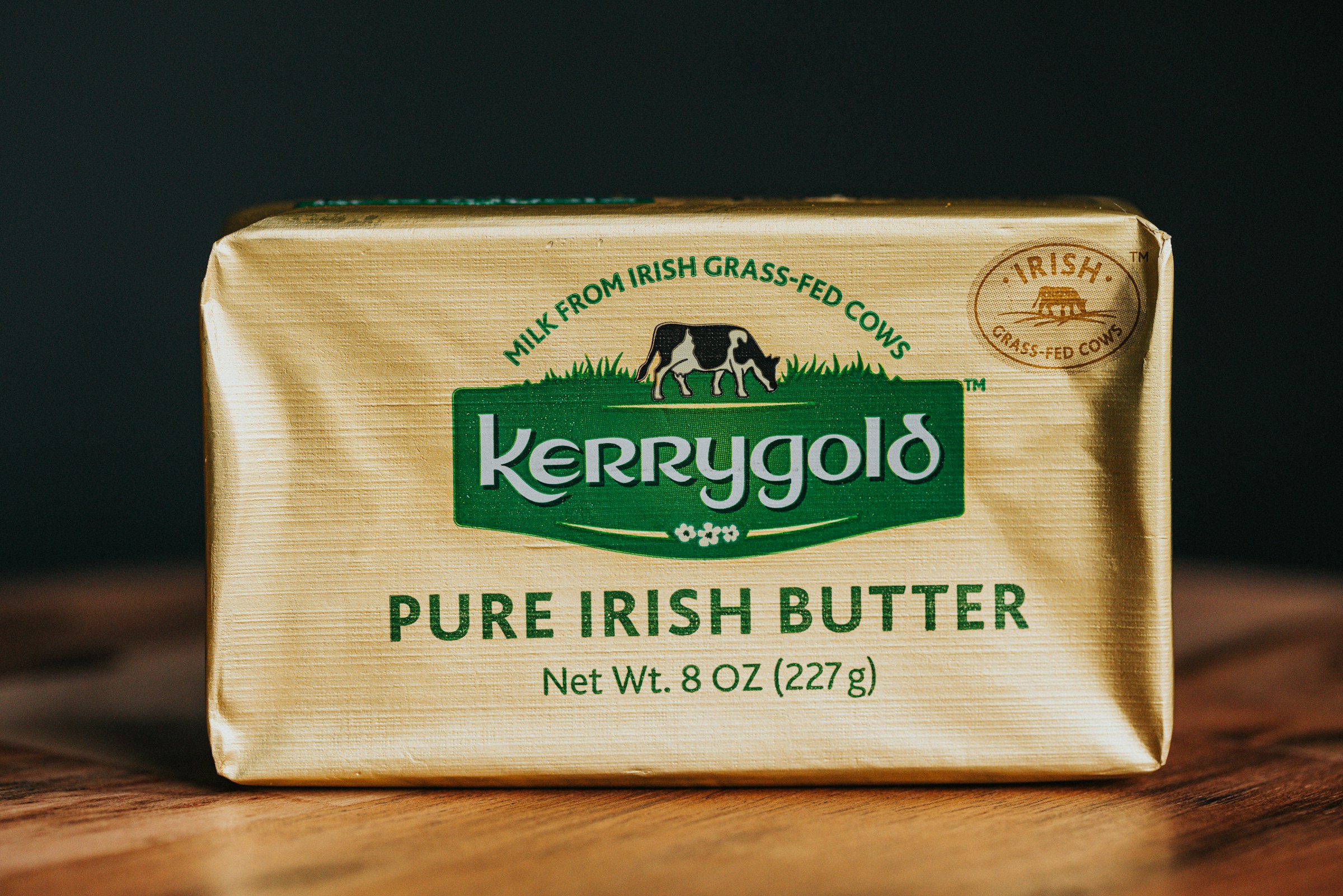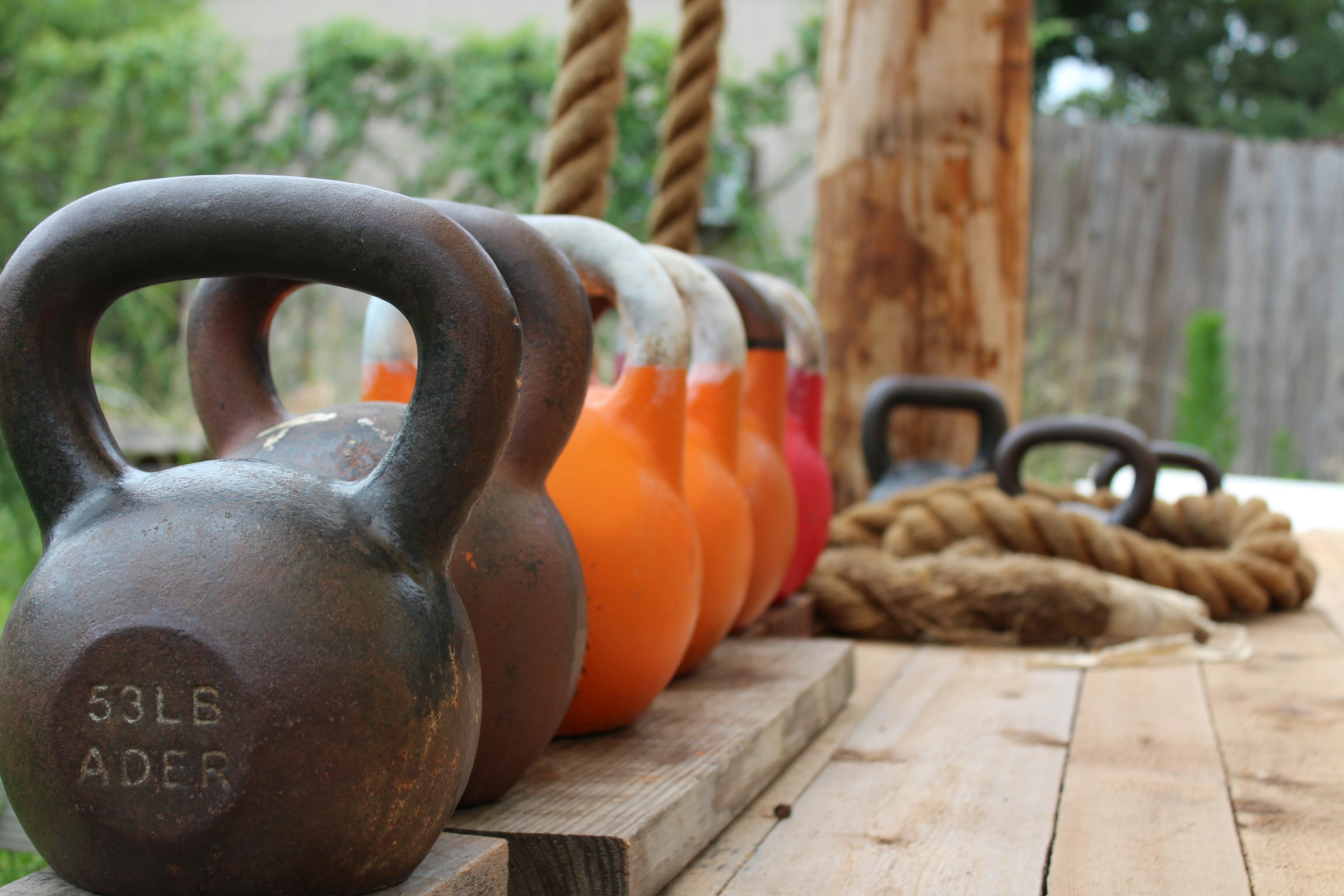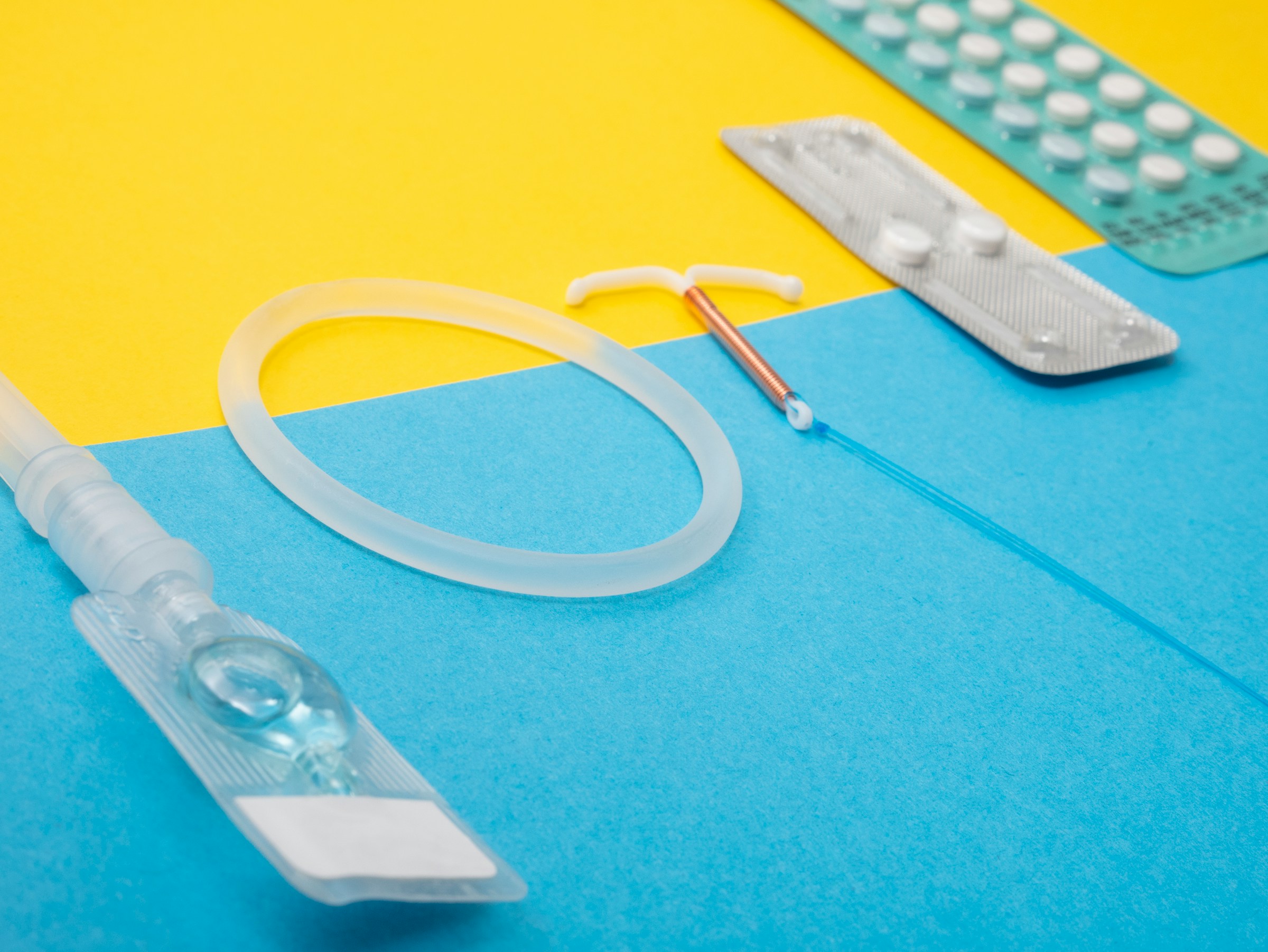Butter, specifically grass-fed, should be a staple in every house. Even for those with dairy intolerances, most can typically tolerate high-quality grass-fed butter or ghee. Aside from the people who need to avoid dairy altogether, which is typically a sign of an underlying condition, you should start adding real grass-fed butter to your diet today.
What to Avoid
As you may know from my article about fats, seed oils, especially highly refined oils, tend to cause more harm than good. They are inflammatory and in far too much of the processed foods we eat already. General rule is if it has vegetable, canola, corn, peanut, soy, sunflower, safflower, or cottonseed oil it should be avoided. These oils have any good components processed out of them and when you get a plant-based “butter” they must hydrogenate the oil to make it solid at room temperature. They take the natural oil from the seed and turn it into a trans-fat. Leave the I Can’t Believe It’s Not Butter and margarine on the shelf and get something more natural.
Why Butter?
The health benefits you get from butter are widespread and this is even more important for babies and kids. Butter provides an excellent source of arachidonic acid, an essential fat for brain development. Grass-fed butter is better than butter from conventional cows because there is also a better ratio of omega-3 and omega-6 fats. Having a healthy source of fats helps with nerve transmission, better blood sugar handling (more stable energy), cell repair, and improves your skin. The healthy fats alone should be enough to make you want to incorporate more butter, but if not, here are some of the vitamins and minerals found in grass-fed butter:
- Vitamin A: Eyes, skin, immune, hormone production (Testosterone, Estrogen, Progesterone)
- Vitamin D: Bone, immune, hormones
- Vitamin E: Antioxidant, immune, hormones
- Vitamin K: Blood, bone
- Zinc: Immune, hormone, neurotransmitters, and over 300 other uses in the body.
- Glutathione: Immune, antioxidant
- Superoxide Dismutase (SOD): Immune, antioxidant
As you can see, butter can provide you with a huge amount of health benefits and should be considered a health food by all. I recommend that everyone eats a minimum of 2 tablespoons of butter per day. This is an easy upgrade for your home. Start using butter for cooking, slather it on your pancakes/waffles, add it to rice, or put it on your potatoes or other foods. Many people even enjoy adding butter to their coffee or tea. If you want to improve your hormone balance (increased testosterone in men, fewer menstrual issues in women, etc.,) then start eating more butter. If you can’t make go without eating for 5-6 hours start adding butter or other healthy fats to your meals to improve your blood sugar stability. If your skin or immune system doesn’t feel up to par, butter may help improve that. The bottom-line is that eating butter will make you feel better and your food will taste better!















Leave a Reply
You must be logged in to post a comment.